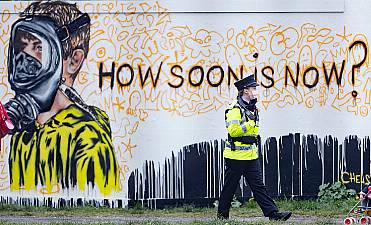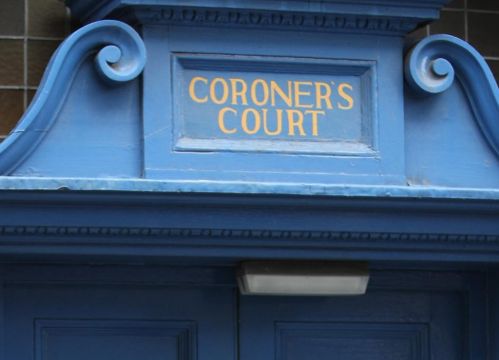The failure of successive governments to reform the “decreasingly fit for purpose” Coroners’ Courts system is creating “ongoing human rights violations” for bereaved families, according to a report published on Wednesday.
The hard-hitting study, Death Investigation, Coroners’ Inquests and the Rights of the Bereaved, published by the Irish Council for Civil Liberties, says “unacceptable delays” in holding inquests, lack of legal representation for families, lack of compassion, concerns about partiality of coroners and their sometimes too close relationship with the medical-legal establishment, meant “the rights of families and their loved ones continue to be compromised.
“Inevitably, this has a lasting, damaging impact on families already suffering bereavement,” it warns.
The research was carried out by criminologist Phil Scraton, who investigated the Hillsborough disaster, and Gillian McNaull of Queen's University Belfast.
Garda involvement
They found the relationship between coroners and gardaí is a “matter of concern” when gardaí have an involvement in the death.
“The Coroner’s Service is not independent from An Garda Síochána. This gives rise to serious issues when the death involves the behaviour of gardaí,” the report found.

“Bereaved families and their lawyers questioned the thoroughness and impartiality of Garda investigations. It was their perception that informal social relationships and influence, particularly in close communities, had consequences for the independence of investigations ... and expressed concern that ‘protecting’ the bereaved from exposure to the full details of deaths, led to poor communication and unnecessary suspicion that case details were being withheld.”
Families also reported some inquests accepted deaths in certain circumstances as ‘inevitable’ including deaths of mothers or babies in hospital; where the deceased was engaged in ‘risky’ behaviour or had a negative reputation; in suicides; and in deaths of cyclists.
The main role of a coroner is the investigation of sudden, unnatural, violent or unexplained deaths. Coroners are appointed by local authorities and are qualified lawyers or medical practitioners.
Among the report’s 52 wide-ranging recommendations are that legal aid is provided to all families requesting it; a chief coroner is appointed to oversee the national service; the 39 coroner districts are rationalised into a region-based agency reflecting population and case numbers; and that a charter for the bereaved is drawn-up, setting out bereaved families’ rights.







